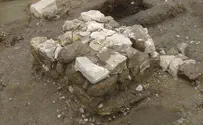G-d's ordinances
‘If you accept the ordinances, there will be peace amongst you, and you will then merit to acquire the Torah.’
‘If you accept the ordinances, there will be peace amongst you, and you will then merit to acquire the Torah.’
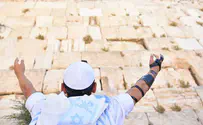
Why does it say ‘they journeyed from Rephidim and arrived in the desert’? After all, we know they were iin Rephidim beforehand from previous verses.

Why did Hashem cause the Israelites to worry about lack of water, and - further - bring them to a place of bitter waters?

Rabbi Nebenzahl: Hashem made a mockery of Pharoah and the Egyptians, to obviate any possibility of a mistaken impression that there was that there was a battle between two forces.
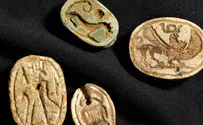
Commentators interpret the meaning of the words used to foretell the Exodus and the Israelites' becoming G-d's chosen nation.

Commentators analyze the symbolism of the burning bush.

Why did Jacob ask to be buried in Israel? See what the commentators have to say.

Why did Yaakov send Yehuda to Egypt before he descended there to see his son Yosef at last?

We already know that everything that was created with man, was worthy of existing - except for the foreskin, as the Torah commanded us to remove it.
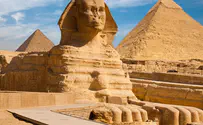
Why did Joseph go to the brothers he knew hated him - and why did Jacob send him, knowing the same?
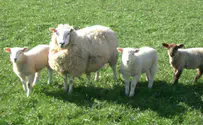
Couldn't Yaakov simply avoided his brother?

In the end, they parted, by making a covenant - at Laban’s behest - between them, but what did Laban really want?

The wondrous outcome of Rivkah's pregnancy, is that all that the nations create in this world, in the end result, is for the benefit of Bnei Israel, in their service of Hashem.

Sarah recognized Hashem - with Abraham - when she was thirty-eight, the thirty-eighth year being reckoned with the earlier period, of not knowing Hashem.
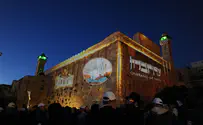
Commentators weigh in on the unexpected laughter of Matriarch Sarah at the news that she would bear a son.

The Chatam Sofer reconciles the seemingly irreconciliable views of Rashi and of Ramban, and lauds Abraham's ability to instill faith in his descendants.

Why does Rashi comment: ’’Noach debased himself’ - he should have first engaged in planting something other than a vineyard."

A seemingly contradicttory account of the creation of vegetation and trees teaches a deep message about our relationship to G-d.

Our prayer to G-d during the Ten Days of Repentance is analyzed here in tribute to the victims of the Manchester terror attack.
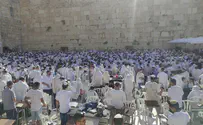
‘Do not think that these oaths are imposed on you alone- as if, but for this, you would not serve Hashem.'
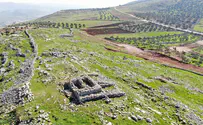
The wisest of men King Solomon - exclaimed (Mishlei 11:1): "Deceitful weights are an abomination of the Lord, but a perfect weight is His Will."

The two Sifrei Torah represent the two ways of serving Hashem.

An enlightening look at commentators through the centuries on the question of the wording of the verses on the blessings and curses regarding Torah observance.

Great good awaits those who toil in the ocean of the oral Torah - as well as those who go in the way of עקב: fulfilling all the mitzvot.

Begun? Why does Moshe Rabbeinu use that verb after all the miracles of the Exodus and the sojourn in the desert?
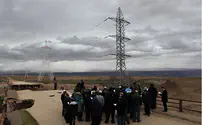
Instead of trusting G-d, they sent the spies and the rest is history.

‘Our Sages comment, that because Reuben and Gad were so attached to their wealth, till they were prepared to settle outside the land, they were the exiled from it, before the other tribes.'

Why Hashem caused Moshe to forget the halakha when confronted by Zimri, and for it to be recalled by Pinchas.

Our Sages took care to maintain this separation, enacting decrees so that we do not mingle with the nations, such as forbidding their wine, lest we thereby come close to their daughters, and the like.

‘This is truly ‘a gift’ - as our parsha promises - to become like a well of flowing water - of Torah.’

Did the intelligent Korach not feel the contradiction in his words?
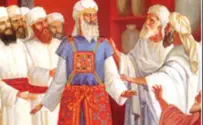
Answering an age-old question: Why does the story of the spies follow the story of Miriam's punishment for slander?
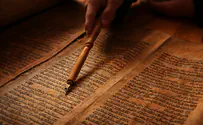
‘This was the severity of their transgression, that: it was not meat that they desired, but that they desired desire.

The Kohen loves the people and they, in turn, love him.

Torah commentaries address the reason for the small number of levites when compared to every other tribe.

A person who is not subjugated to Torah - but to his possessions and his wealth - can not observe the mitzvah of shemita, whilst he still feels that he is the master of his fields.
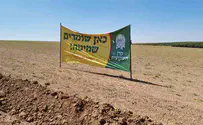
Torah commentaries weigh in on the philosophic and practical issue of the difference between Shabbat and the other festivals and why Shabbat is mentioned with them despite that.
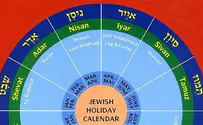
Commentaries weigh in on what exactly this prohibition means.

‘Why are the periods of impurity - and then purity - of the mother who gives birth to a girl, double the periods where she gives birth to a male?’

Why did Aaron have to be convinced to approach the altar?
